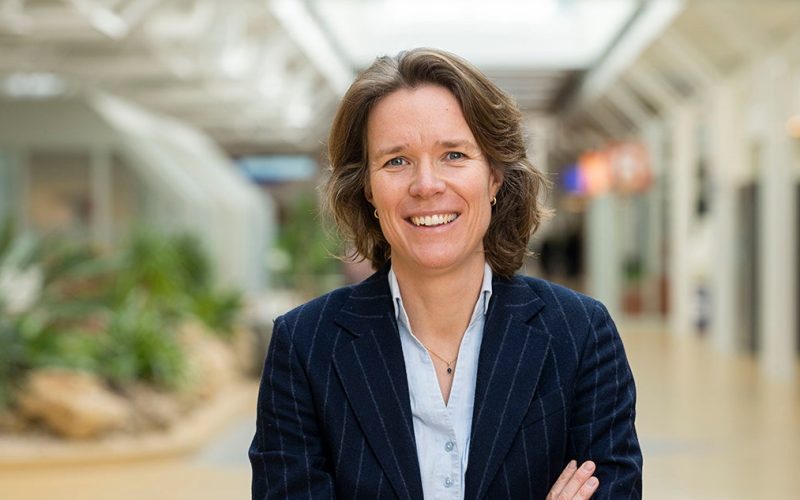An international research team led by UMC Utrecht has received a €2 million European Horizon grant. With this, the team will conduct research on Open Science, the movement that aims to increase openness in scientific research. The question the researchers want to answer is: how effective are existing Open Science measures?
Open Science is a movement in academia that aims to make scientific research more open and transparent. This can be done, for example, by not hiding scientific articles behind a paywall, but making them accessible to the general public. Or by publishing datasets online for all to see and use.
As far as Inge Stegeman is concerned, there is little to argue with the vision behind Open Science. “More transparency and openness in science is something you can hardly be against,” says the epidemiologist and researcher at the UMC Utrecht Brain Center. What does surprise her is the conviction with which many of her colleagues say that the measures they are taking in the context of Open Science are working. Inge: “In my view, we cannot substantiate this sufficiently, because there is hardly any research into the effectiveness of this type of intervention. I don’t doubt the usefulness of Open Science, but I do think we need to ensure the quality of our work.”
The international team will put a number of Open Science interventions to the test. “One example could be open peer review,” says Inge. “In this, the substantive check of scientific articles by fellow researchers is fully public.” Now this check is often still done anonymously: the identity of the experts who read and review an article is then known only to the relevant scientific journal. “Maybe open peer review works well. But maybe reviewers become much more reluctant if they lose their anonymity,” says Inge. “With OSIRIS, we are mapping the positive and the negative effects of Open Science measures.”
An important partner of Inge Stegeman in this project is Mariska Leeflang of the Amsterdam UMC. The two researchers came up with the idea for this project together. The team also includes research groups from seven more European knowledge institutions. As the lead partner, UMC Utrecht will receive almost a quarter of the money made available (470,000 euros).
